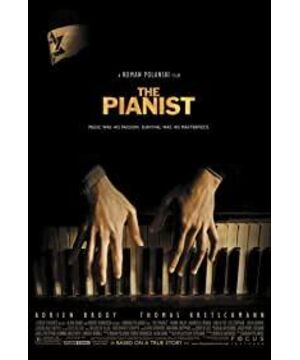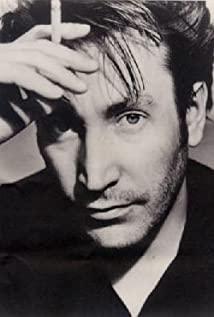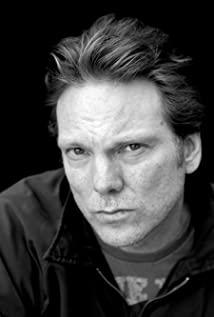The film turns music, an element that knows no borders or races, into a tool to move the soul. It not only shows the recovery of humanity in the brutal war and the self-salvation of individual Nazis, but also fully reflects the unique gloom of director Polanski's films. Temperament and romance. At that time, Jews had to wear the Star of David armband, which symbolized the Jewish symbol. The eye-catching color difference between blue and white nakedly showed the racial difference between ordinary Jews and Germans, but it was more of a manifestation of human nature. Vulnerability and inferiority, especially the same root, the brutal scenes of German soldiers gunning down the Jews are eye-popping and unbearable. As a historical microcosm in the context of World War II, the emaciated Jewish pianist wandered and wandered in the abandoned city of Warsaw in 1945. His dirty beard made him look like the crucified Jesus on the cross. Wretchedness, yes, wretchedness as a solitary exile, wretchedness as a starving and sick prisoner, left him without a human form, but as a musician and a Jew, he did not lose at least his dignity. rescued experience. This passage, especially after his singer friend left Poland, made him a veritable exile both in external circumstances and in spirit. The instinct of survival allowed this lucky man to escape the pursuit of death again and again, but he could not escape loneliness, the boundless loneliness, which is a feeling that none of us who have not experienced that war can understand. In war, an ordinary person has no revolutionary ideals, no relatives and friends, or even his own art. What supports him can only be the instinct to survive. This is an exile of humanity, and this exile of humanity can happen to anyone.
View more about The Pianist reviews











